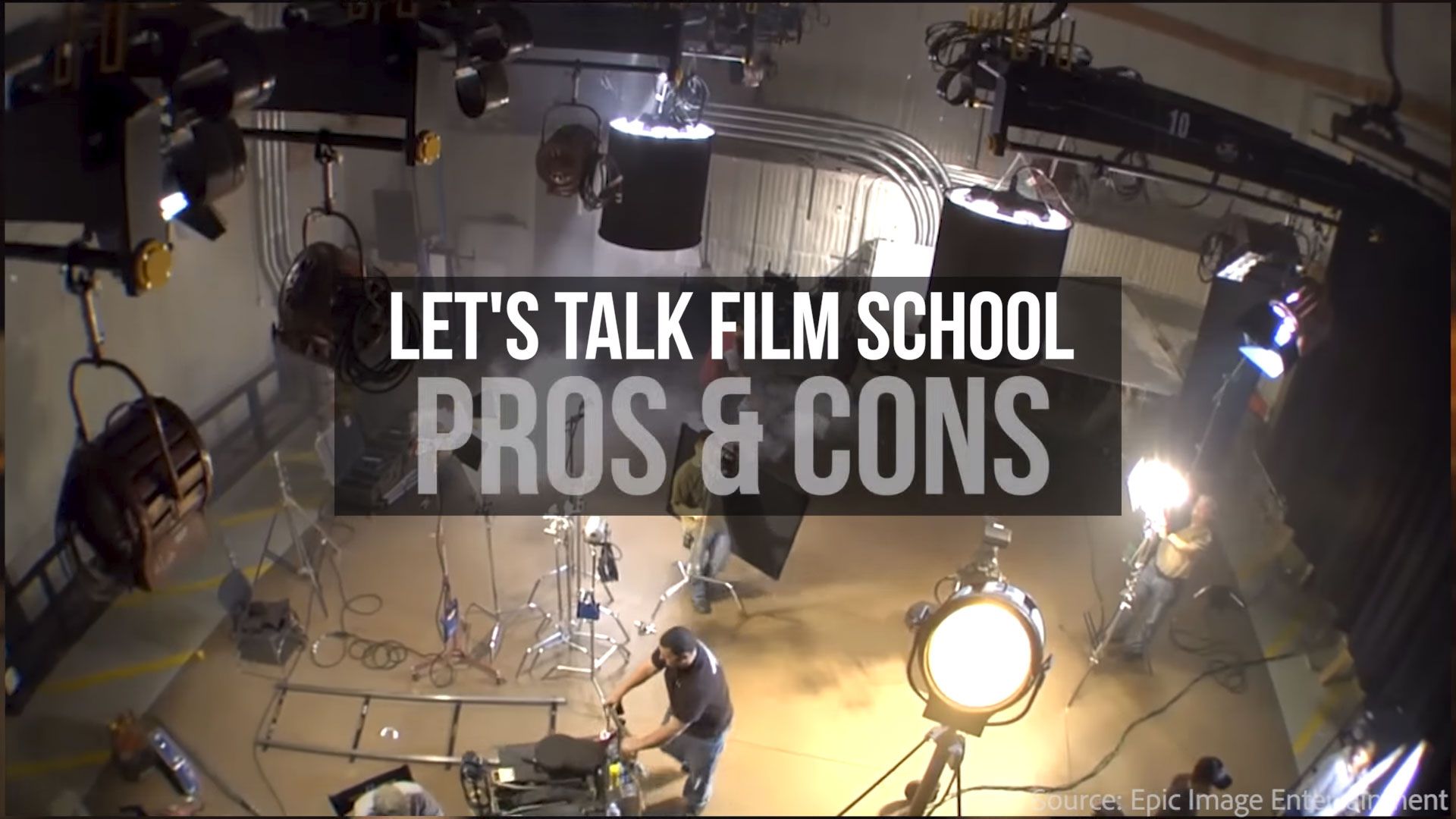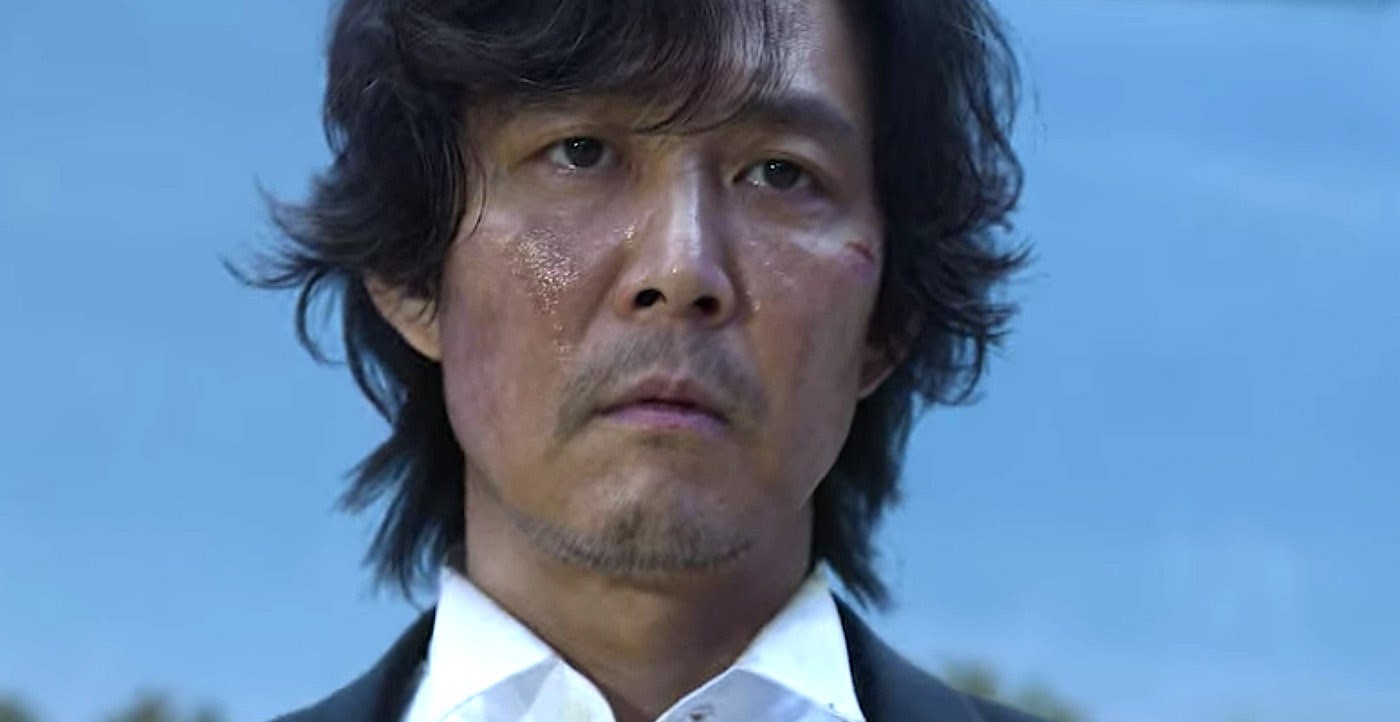
Should it be a film school graduates
priority to get into feature filmmaking
or would they be better off pursuing you
know shorter content on the web I you
know I get asked this question all the
time what’s the best first job for me
when I get out of film school and I
think the answer is whatever job you end
up getting because your second job will
be a hundred times easier to get than
your first job when you’re getting your
first job you don’t have credits and the
students put together these resumes that
have all the student films they worked
on listed on it and nobody in the
professional world cares about that and
they don’t care what your GPA was or
whether you received the Chancellor’s
award for X or anything they want to
know what you can do and they can only
find that out when you start working and
start showing what you can do you know I
look if you’re determined to work in
feature films you will get there
eventually I think there are many
advantages to not working in future
films depending on what your chosen job
path is let’s say you want to be a
cinematographer well the traditional way
to do this in the old old days was you’d
get a job at a equipment rental company
and you’d be the person who would check
out the gear to the companies who were
renting it and maybe you’d get a job as
a second camera assistant and then a
first camera assistant and so on
perfectly good paths and works there but
if you can add a film school and you
really want to start shooting things
yourself then doing web series might be
a better option for you because no one’s
going to hire you forget shooting Lord
of the Rings no one’s going to hire you
to shoot an episode of Hawaii five-o or
even a reality show there but somebody
might hire you to be the DP the director
of photography on a reality on excuse me
on a web series and that might suit you
better and then you can find ways to
work on slightly larger projects and
build your reel and all of that there’s
just lots of ways to get to the end
point in the business I also think it’s
important to not just get locked in on
no I only want to do this event people
say to me I want to be a director so I’m
not going to take a job as an assistant
director because then I’ll get typecast
as an assistant director and my response
is as opposed to
being typecast as a barista I mean
you’ve got to pay the bills somehow
wouldn’t it be better to have a job in
the industry learning about the industry
watching the director seeing how
different directors work how sets
operate than just saying no no I will
only step in when I am the visionary I
don’t understand that attitude right
well how much of an eye-opener is that
when you have actually talked to a
student about that I mean are you able
to change their minds I would say
three-quarters of the time I can change
their minds we had a student is an
interesting example from a couple years
ago she her goal was to be a in the
sports broadcasting part of the business
and she was about to graduate and she’d
been offered a job at the NFL Network
and she was waffling about whether to
take this job I said what on earth could
be preventing you from saying this is
the opportunity of a lifetime
she said well it’s in LA and I don’t
really like LA I’d rather be in San
Diego and there they’re only paying $17
an hour and I just said to the student
you’re out of your mind if you don’t
take this job you want to work in San
Diego you’re going to have a much better
chance getting a job in San Diego when
you’ve got the NFL Network on your
credit list you can go to the Chargers
then and you have a bona fide resume
there and I actually went to her friends
after she left the classroom and said
you’ve got to talk to her you cannot let
her turn this job down and she took the
job and then emailed me a couple months
later and said yeah you were right so
usually when you’re being reasonable you
can succeed with the students and
sometimes they don’t choose to do it and
they just may not have what it takes
personality-wise to pursue this path and
that’s fine too maybe they’re meant to
do something else in life well that’s
interesting because what is your advice
to graduating film students not just
creatively but also in a common sensical
way or emotionally or or I mean because
I think we all have these grand
expectations about getting out there in
the real world and I think it’s
interesting when you said tell that one
eighteen year old they can’t go to
college how about getting a job I mean
we’ll definitely teach you all sorts of
things about life timing schedules
people yeah you know I give the students
of varying advice one of the things I do
through my job as a professor is I the
advisor faculty advisor for the TV Club
and we bring in speakers who are very
successful most of the time but in the
late spring I do an event called
foot-in-the-door night where I bring in
the alums who are one to five years into
the business and say tell them what you
know now that you did wish you knew when
you were in film school tell him how do
they go about getting their first job
because I can talk about how I got my
first job a billion years ago but it’s
better for the recent people to be there
so it not just for this event but in
general I try and get the graduating
students to talk to the people who are a
year or two ahead of them and hear a
first-hand what’s it like out there what
do I need to be doing what should I be
doing I also always have found this true
for my life and I think it’s still true
the way I put it is if people are paying
me for five dollars worth of work I try
and give them ten dollars worth of work
and you know I try to see it as an
opportunity and sometimes I get students
who are more about well they’re abusing
me and they’re they’re asking me to do
too much and it’s you know yeah that’s
the time-honored tradition of people
entering every business with you again
doesn’t matter whether it’s the carpet
business or the entertainment industry
you pay your dues and if you really love
the business you should enjoy the paying
the dues part yeah there’s some stuff
that nobody likes having to clean up the
kitchen or the bathroom or whatever a
low-level job you do but again it’s just
like at another time you asked how do
you deal with challenges of the writing
room if you’re a lower-level writer I
think if you’re a PA you should be
saying I landed a job in Hollywood and
there are eight million people who want
this job and this is going to make a
great story someday it’s you know the
day that they made you stand in for a
dog then it the day that you had to do
the impossible thing there’s a wonderful
book called the mailroom it’s about all
the people who had to
start out in the mailroom at the big
talent agencies at we Morris and ICM and
so on and how they succeeded and you
know some of them had to do some pretty
gnarly things take people’s urine or
stool samples to the doctor for them or
things like that I heard one story of a
PA not at an agency but on a sitcom who
the producers came to the PA and said we
have a dog that was having problems
biting people so we had to send the dog
to obedience school and now we’ve gotten
the dog back will you
go to our house and let yourself into
the yard and see if the dog attacks you
this as the story goes the PA said no
and they fired him Wow and I’m have this
on pretty good authority it’s true there
so sometimes you do have to say no but
most of the time when they’re not asking
you to be a chew toy for dogs and you
know if it’s just gee that I have to get
lunch order and somebody’s mad at
because I’ve got Swiss cheese instead of
cheddar cheese okay you can you can deal
with that you should know that’s not the
biggest problem in your life move on and
look at the bigger picture which is
you’re being given an opportunity to do
something that you really want to do




